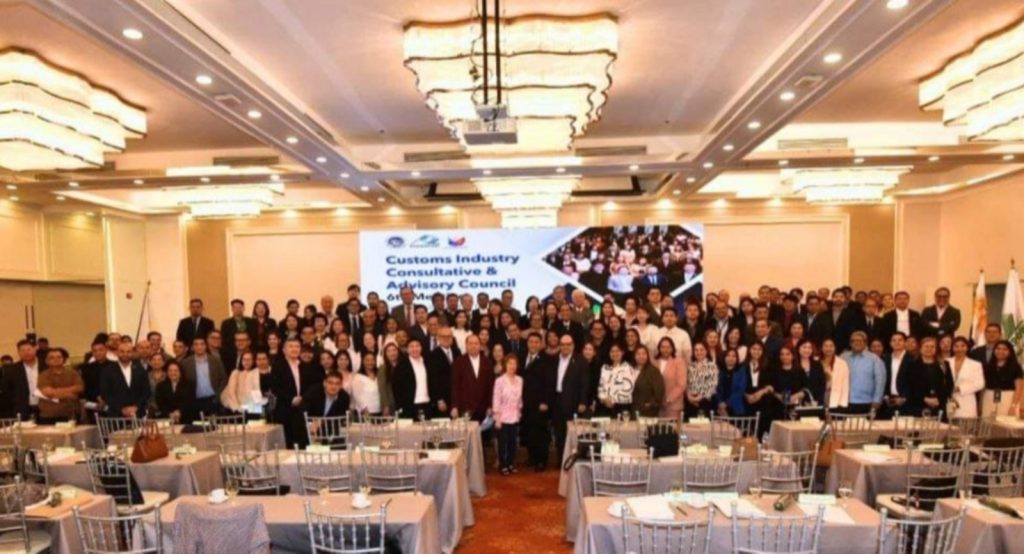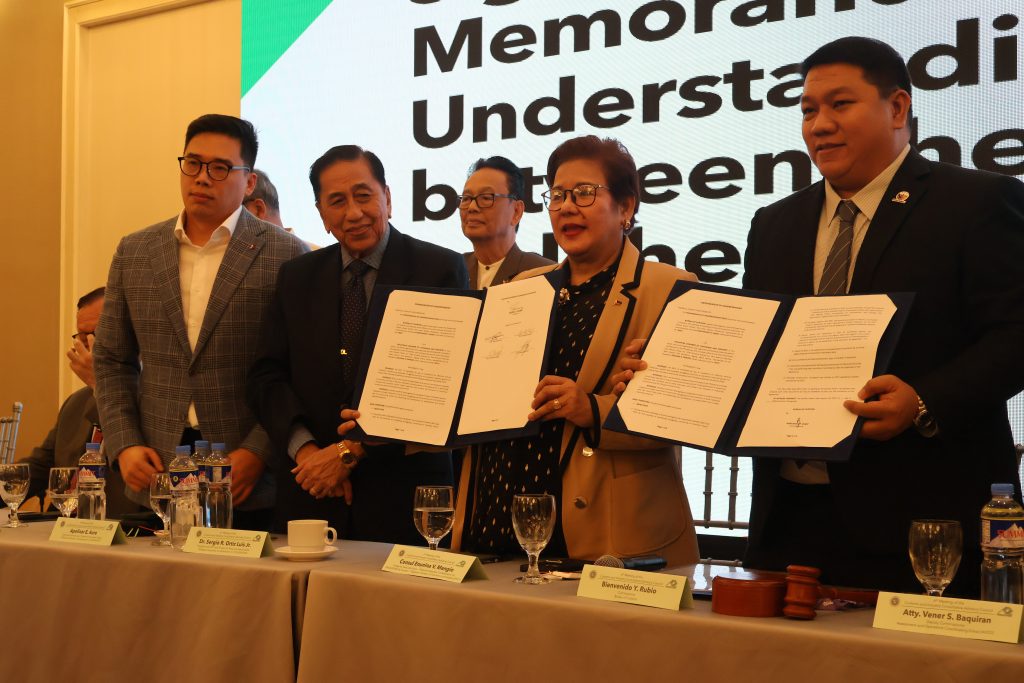
At the 6th Customs Industry Consultative and Advisory Council (CICAC) meeting, held at Rizal Park Hotel, Kalaw Avenue, representatives from the Bureau of Customs (BOC), PHILEXPORT, and other key stakeholders gathered to address ongoing challenges in trade facilitation. The discussions focused on significant trade concerns raised in previous meetings, including the ATA Carnet system under Customs Memorandum Order (CMO) 8-2024, the draft CMO on Customs Administrative Order (CAO) No. 02-2024 related to dues, fees, and charges, and a proposal to extend the validity of Account Management Office (AMO) accreditation/renewal for compliant companies by one year.
A key topic was the presentation of Draft Joint Order No. 23, Series of 2024, aimed at establishing an integrated digital system for pre-border technical verification and cross-border electronic invoicing of all import commodities. This system is designed to reduce delays, enhance transparency, and improve the overall efficiency of customs processes, helping exporters and importers comply more easily with regulatory requirements.
Dr. Sergio R. Ortiz-Luis Jr., President of PHILEXPORT, emphasized the importance of private sector engagement in advancing the BOC’s trade facilitation objectives. He reiterated PHILEXPORT’s full support for CICAC’s mission to streamline and simplify trade processes, which he said would ultimately benefit Filipino exporters by reducing costs and increasing global competitiveness.

During the meeting, a Memorandum of Understanding (MOU) was signed between the Philippine Chamber of Commerce and Industry (PCCI) and the BOC. This MOU focuses on adopting and promoting the ATA Carnet system in the Philippines, a significant step in facilitating the temporary importation and re-exportation of goods without duties or taxes. The ATA Carnet system is expected to encourage greater participation in international trade fairs, exhibitions, and business missions, making the Philippines a more attractive destination for foreign investors and partners.
The BOC also presented an overview of the ATA Carnet system’s salient features, including simplified goods declaration processes, the elimination of bond requirements, streamlined Tax Exemption Identification (TEI) protocols, enhanced physical examination guidelines, designated filing locations, reduced processing times, and clear re-exportation procedures. These improvements aim to make it easier for exporters and importers to navigate the complex customs environment while adhering to international standards.
Commissioner Bienvenido Rubio outlined the BOC’s vision of achieving a fully modernized and credible customs administration by 2028. He highlighted ongoing efforts to digitalize customs procedures and strengthen collaboration with the private sector to create a seamless and transparent system. Commissioner Rubio and Dr. Ortiz-Luis Jr. expressed a firm commitment to working closely with CICAC members to adopt innovative strategies and best practices to further enhance trade facilitation in the country.
The meeting concluded with a reaffirmation of the shared goal to continuously improve trade processes, increase efficiency, and foster stronger partnerships between the government and the private sector to ensure the Philippines remains competitive in the global market.
PHILEXPORT also presented a commemorative gift to Commissioner Bienvenido Y. Rubio in appreciation of his efforts to promote these reforms. FAMD
